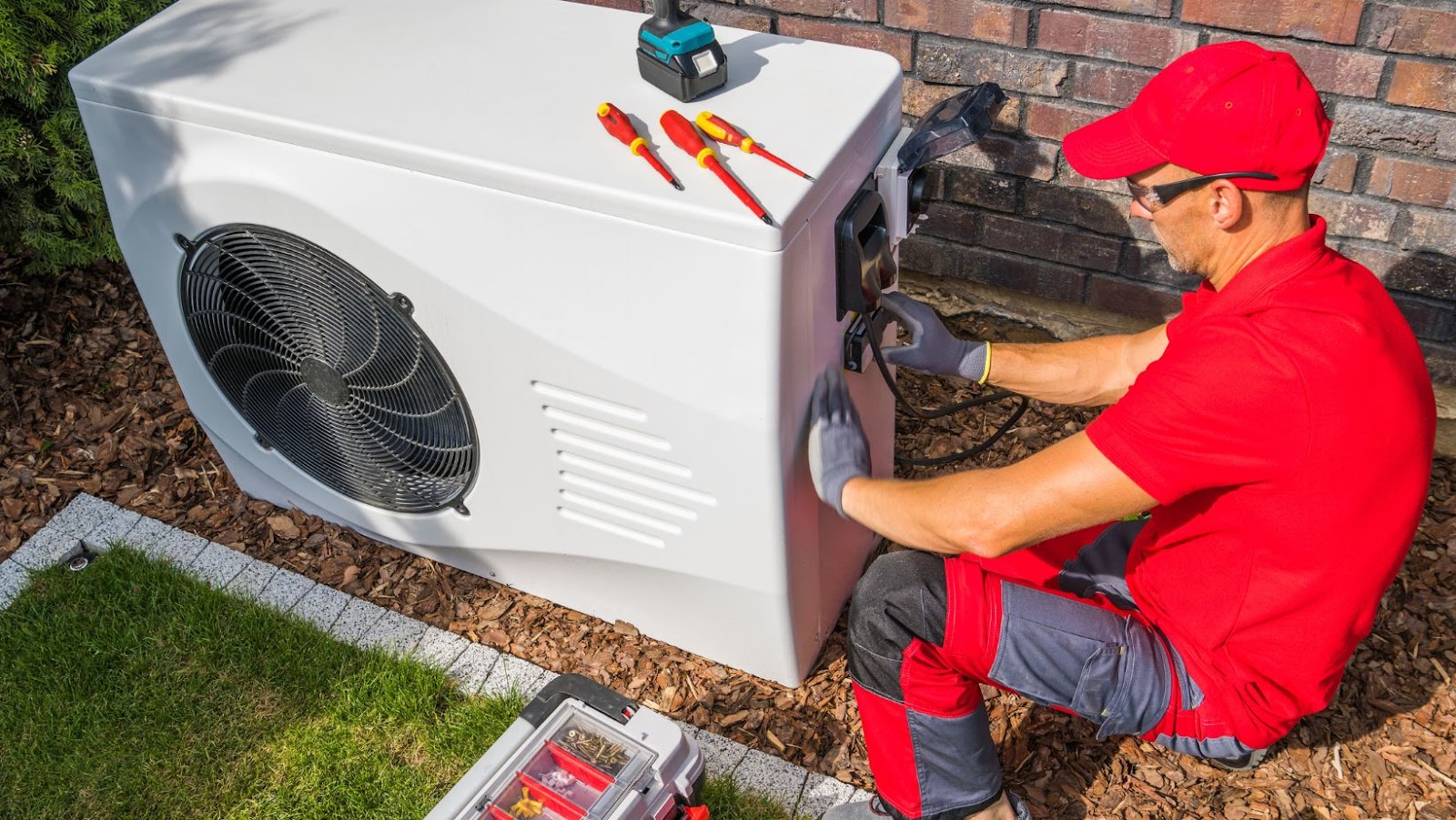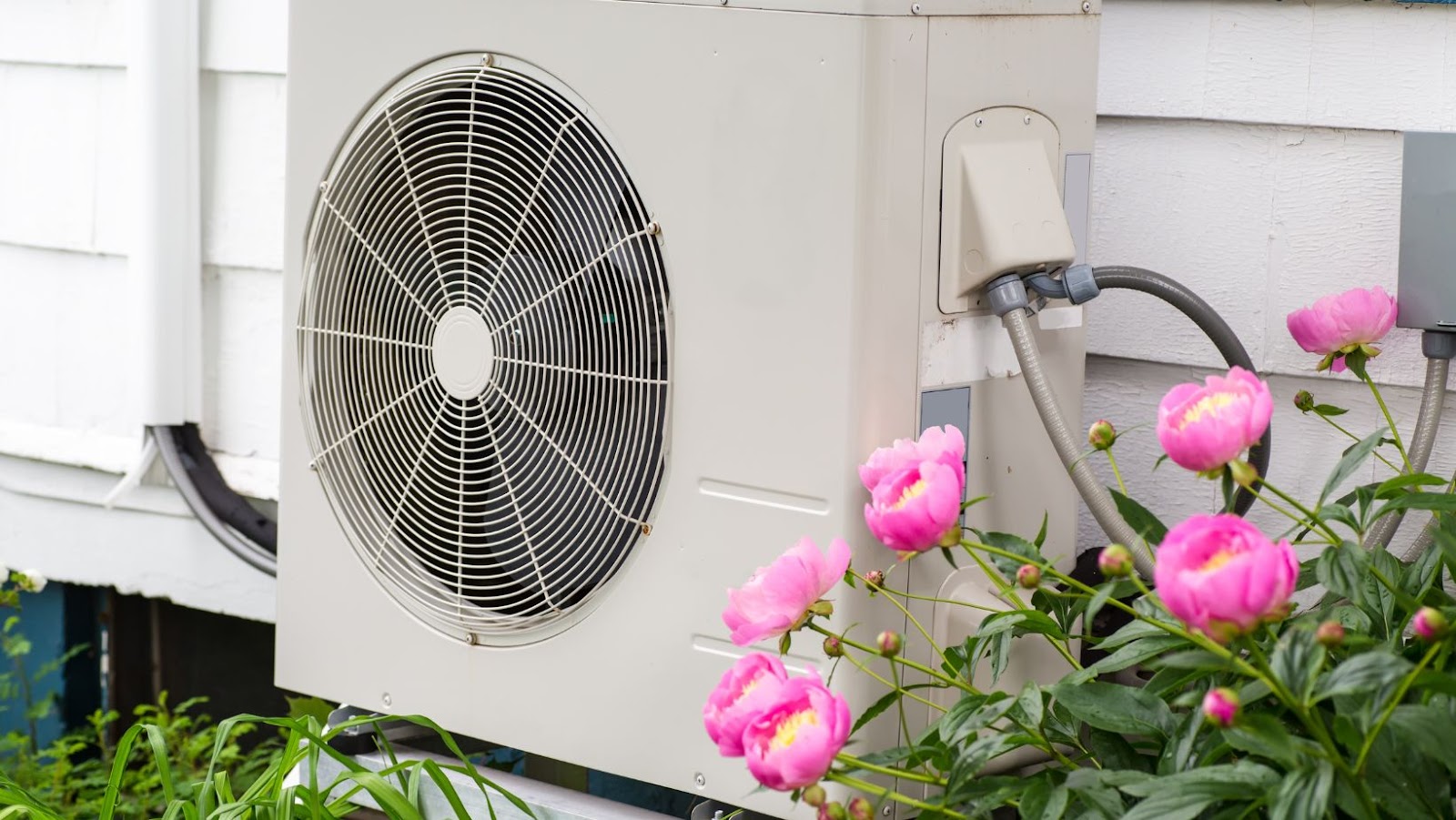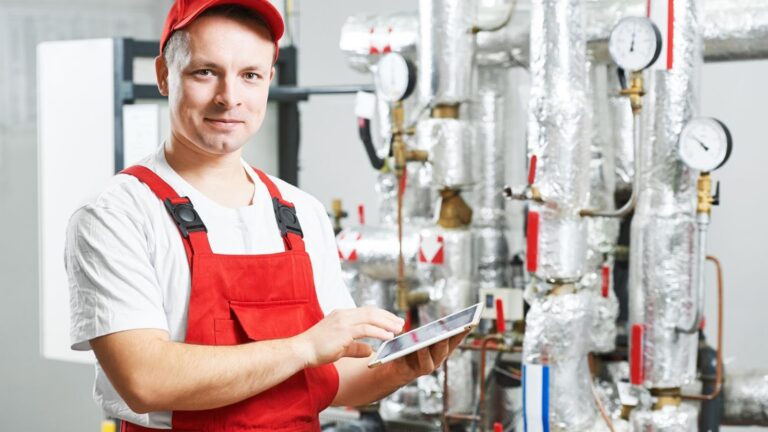Last Updated on August 19, 2024 by pm_author_91ksj
With the cost of heating and cooling a home going up constantly, property owners are exploring new and innovative strategies to reduce utility costs and remain comfortable regardless of the weather conditions. In the past, gas and oil-forced air systems have dominated the marketplace, but heat pumps are quickly becoming the darling of the industry. Anyone considering a new heating system is encouraged to consider a heat pump. Here are a few pros and cons of using a heat pump as a home’s climate control system.
How Does a Heat Pump Work?
The first thing to understand is that heat pump systems don’t create heat. Instead, they redistribute heat, taking it from the ground or air. Heat pumps use a refrigerant that circulates between the compressor (which is outdoors) and the indoor air handler to transfer heat. During hot weather, the system operates in reverse to capture cool air and send it to various rooms in a home.
Are Heat Pumps Adequate to Heat Homes in Colder Regions?
In the past, heat pumps were not recommended for use in colder areas, but that’s all changed with the newest generation of products. Today, heat pumps are recommended for virtually any area, including most of Canada. In addition, heat pumps offer advantages not readily available from other types of heating equipment.
Heat Pumps Offer Convenience
Typical heating systems rely on a single thermostat to heat an entire home. That’s not always the best strategy, especially for homes with multiple levels or wings. Heat pumps can use the same duct systems formerly used by traditional gas or oil furnaces, but they also offer the option of using multiple thermostats to provide individual comfort zones throughout a home. HVAC experts routinely explain how split and mini-split heat pump systems work.
Costs Should Always Be Considered
One of the downsides of some heat pumps is their cost. While the final cost of a heat pump is determined by the system’s complexity, the initial expenses are likely to exceed those of many gas furnaces. Additionally, the rates for electricity are high in some areas, which means the operating costs could also be higher than gas or oil furnaces.

However, heat pumps require little service, which lowers long-term operating costs. The pros and cons of heat pumps in different areas should always be discussed before making any purchasing decisions.
Heat Pumps Tend to Be Greener than Gas Furnaces
Since heat pumps don’t rely on fossil fuels to function, they’re generally considered to be greener than gas or oil furnaces. Of course, the electric heat pumps use must be generated, so where and how the utility provider obtains its electricity will determine just how environmentally sound using electricity to heat actually is. In regions where alternative sources are used to generate electricity, heat pumps will certainly be greener than other options.
Heat Pumps Improve Air Quality
Since heat pumps don’t use fossil fuels, they don’t add contaminants to the air. That’s a big plus anywhere, but it’s especially crucial in densely populated areas prone to inversions or other weather conditions that don’t allow exhaust gasses to dissipate quickly.

However, reducing air pollution is a concern for everyone, and that’s an issue to consider when deciding whether to install a new heat pump.
Work With an HVAC Expert to Evaluate Your Needs
Before purchasing a heating system of any type, consulting an expert for advice is strongly recommended. The professionals will analyze a home’s needs and suggest possible heating and cooling solutions. They will also answer questions to help property owners make appropriate decisions.



